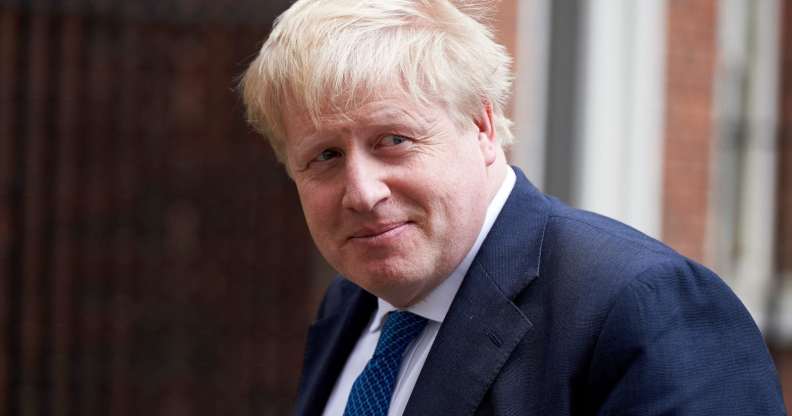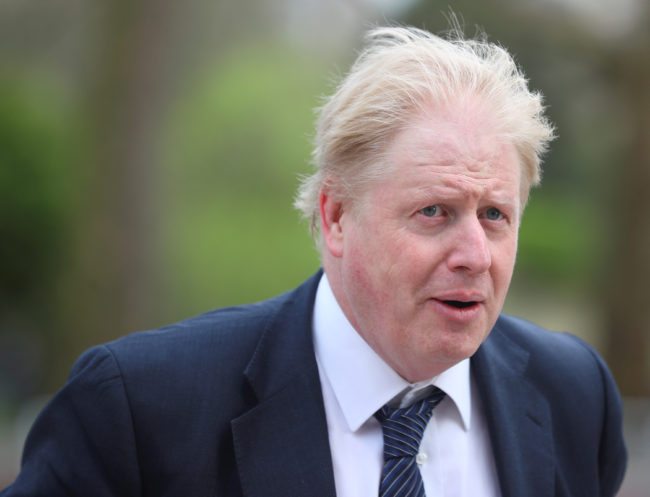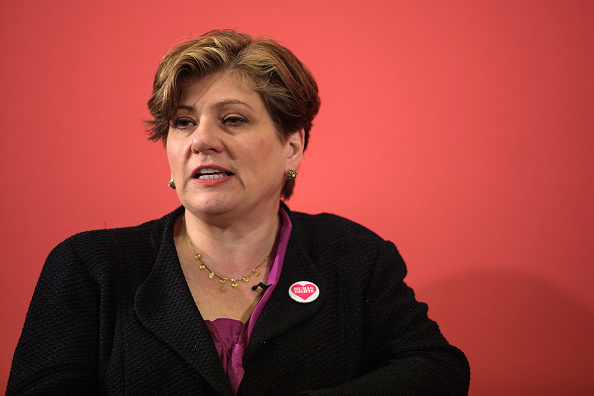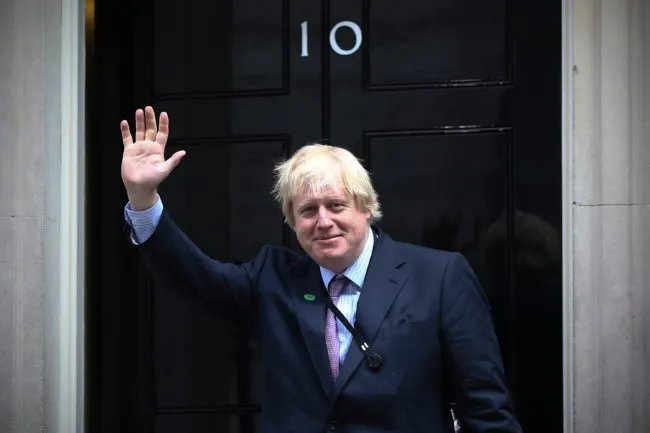Boris Johnson under fire as Bermuda Supreme Court strikes down anti-gay law he ‘greenlit’

Boris Johnson is frontrunner to become the next British Prime Minister. (NIKLAS HALLE’N/AFP/Getty)
Foreign Secretary Boris Johnson is facing questions after a law banning same-sex marriage that was signed off by the Foreign & Commonwealth Office was found to violate human rights by Bermuda’s Supreme Court.
The country on Wednesday issued a ruling striking down parts of the Domestic Partnerships Act, a law in the British Overseas Territory that banned same-sex weddings but permitted gay couples to enter a segregated form of union.
In February, Johnson assented to the passage of the law despite the UK’s power to block legislation in overseas territories deemed to contravene human rights laws. The FCO argued the law was “in line” with human rights standards.
The Foreign Secretary’s decision to greenlight the law has now come under scrutiny – after Bermuda’s Supreme Court ruled that the ban on same-sex marriage does in fact violate the human rights clauses in its constitution.

Britain’s Foreign Secretary Boris Johnson (HANNAH MCKAY/AFP/Getty)
Labour’s Shadow Foreign Secretary Emily Thornberry told PinkNews: “When Boris Johnson explained his abysmal decision to allow the Bermuda same-sex marriage ban in February, he said it was because there was no legal or constitutional basis for him to stop it.
“But now the Bermuda Supreme Court has ruled that the ban breaches the constitution of Bermuda by infringing on the legal rights of same-sex couples.
“In other words, the Bermudian Supreme Court has had to do Boris Johnson’s job for him. He should be ashamed of that and needs to explain himself.”

Shadow Foreign Secretary Emily Thornberry (Jack Taylor/Getty)
A spokesperson for the Foreign & Commonwealth Office told PinkNews: “The UK is absolutely committed to promoting LGBT equality and we welcome the decision of the Supreme Court in Bermuda in favour of same sex marriage rights.
“Ministers will continue to encourage and engage with all of the Overseas Territories on these matters so they can drive their own lasting legislative change.”
FCO minister Harriet Baldwin previously defended the foreign secretary’s decision to not block the Domestic Partnership Act by arguing it was in line with human rights standards.

Boris Johnson (Photo by Carl Court/Getty Images)
She argued: “While the act withdraws the entitlement for same-sex couples to marry, it replaces it with a provision for domestic partnerships.
“The intent of the act is to provide domestic partners with the same benefits as married couples, including provisions for pensions, healthcare, inheritance, tax and immigration.
“After full and careful consideration in regard to Bermuda’s constitutional and international obligations, the Secretary of State decided that in these circumstances it would not be appropriate to use this power to block legislation, which can only be used where there is a legal or constitutional basis for doing so, and even then only in exceptional circumstances.”
Ms Baldwin claimed: “It is important to recognise that a regime for domestic partnerships can also meet the European Court of Human Rights requirements for legal recognition of same-sex relationships.”
However, the Bermuda Supreme Court ruling asserts that the provision of domestic partnerships does not merit the exclusion of gay couples from marriage.

